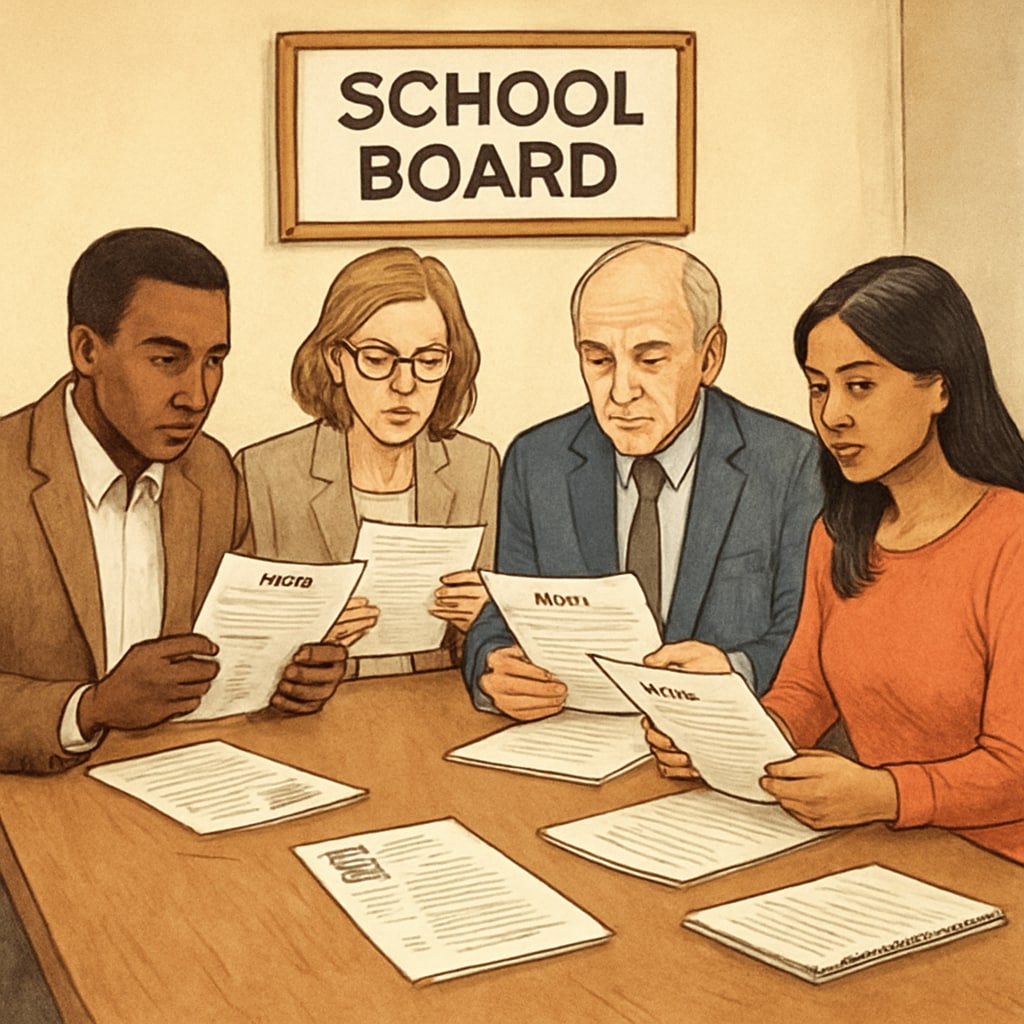The role of academic deans in education management requires exceptional professional competence, particularly regarding curriculum oversight and laboratory safety protocols. When these leaders lack necessary skills, the consequences ripple through entire school systems. A troubling case from Chicago’s South Side demonstrates how one unqualified academic dean created cascading failures in teacher support, student outcomes, and science program integrity.
The Domino Effect of Poor Educational Leadership
Incompetent academic administrators trigger multiple systemic problems:
- Curriculum erosion: Without proper oversight, lesson plans become disjointed and fail to meet state standards
- Safety compromises: Science programs suffer when leaders ignore laboratory safety protocols (see NSTA safety guidelines)
- Teacher attrition: 68% of educators in affected schools report considering career changes due to poor administrative support

Case Study: A Chicago School’s Downward Spiral
At Martin Luther King Jr. Academy, an underqualified academic dean produced measurable damage within 18 months:
| Metric | Before | After |
|---|---|---|
| Teacher retention | 92% | 74% |
| Lab incident reports | 2/year | 11/year |
| College-ready graduates | 61% | 53% |
According to ASCD research, effective academic leaders demonstrate four core competencies that were conspicuously absent in this case.
Building Better Safeguards
To prevent similar scenarios, education systems must implement:
- Rigorous hiring criteria with demonstrated subject-matter expertise
- Ongoing performance audits by independent evaluators
- Whistleblower protections for staff reporting safety concerns

Ultimately, the professional competence of academic leaders directly determines whether schools flourish or falter. While reforming leadership selection processes requires investment, the alternative – compromised education quality and student safety – proves far costlier in the long term.


